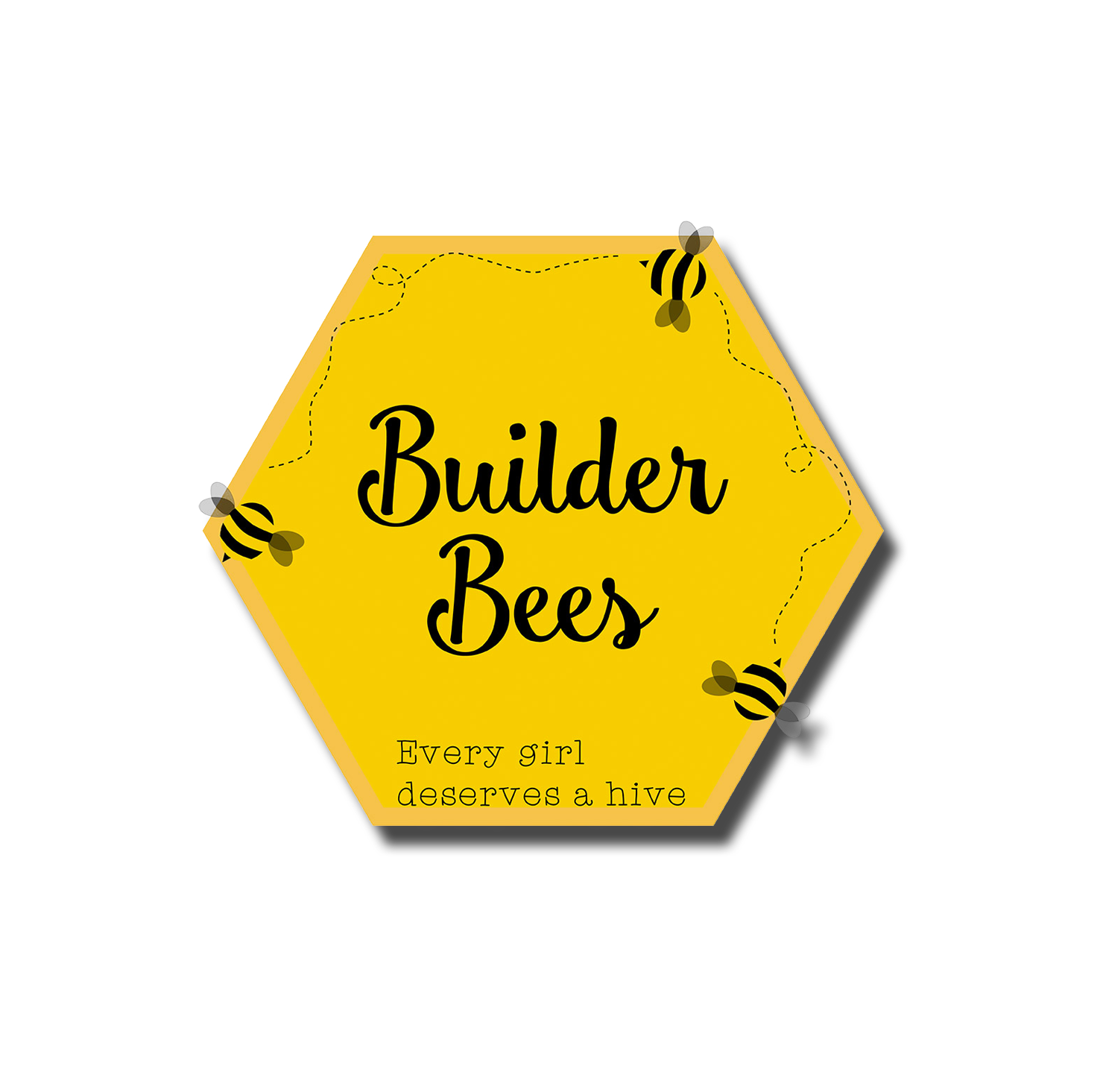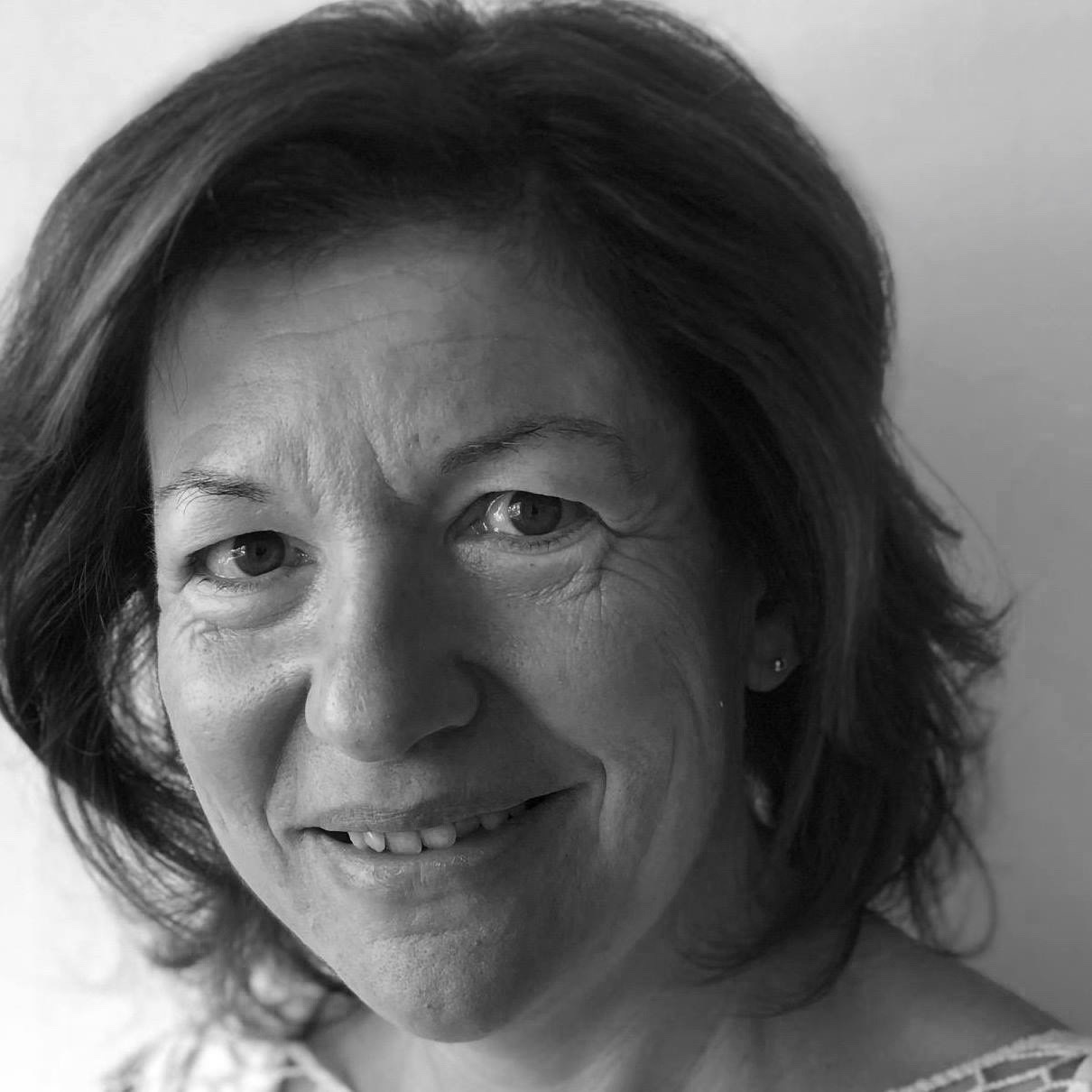 Builder Bees Logo
Builder Bees Logo Next time you complain that your weekend is filled with kids’ birthday parties, spare a thought for friends I’ll call Isla and Jess. Every time Isla, 3, is invited to a birthday party, her mom, Jess, takes her, hoping that her daughter will stay long enough to let her grab a bite, take a breath, maybe even enter into a conversation with the other parents. But each time, Isla looks around, notices something that unsettles her — a Disney character who’s “scary”; an entertainer who’s too loud; just too many kids — and starts to drag her mom toward the door, crying that she wants to go home. Jess gives the host her gift and an apologetic hug, and submits to being pulled by her daughter back to the state of isolation Jess believes her daughter will never leave.
A few weeks ago, Isla was diagnosed with autism. A common misconception about people with autism is that they don’t want, much less need, friends. What better proof than a girl who runs away from birthday parties? The truth is that people with autism do want friendship, but overwhelmed by the excess input they absorb, and lacking the mechanisms to produce the output we deem appropriate, they give the opposite impression.
In fact, they don’t just want friendship; they need it. The term “special needs” is problematic. People who have been assigned an alphabet soup of diagnoses don’t have needs that are “special.” They have the same needs as everyone else — to sleep, eat, love, explore and to form friendships.
In her book “Friendfluence: The Surprising Ways Friends Make Us Who We Are,” Carlin Flora cites study after study whose central finding is that friendship alters our physiological, as well as our psychological, makeup. Social interactions can be stressful, but a Canadian study found a reduced level of the stress hormone cortisol in the saliva of fifth and sixth graders who were supported through such interactions by their best friends. The damaging effects of high cortisol levels are well documented: aggression, depression, cognitive delays, increased blood pressure, fatigue and more.
The dramatic impact of friendship on my daughter was the inspiration for my decision 18 months ago to launch a nonprofit called Builder Bees. My focus was on bringing together girls whose non-special need for friendship was not being met in conventional settings. For a host of reasons, largely centering on the consistent misdiagnosis of symptoms in girls, boys are the majority in “special needs” programs. Girls like Isla and my daughter need to cultivate their own sisterhood.
For a host of reasons, boys are the majority in “special needs” programs.
In its pilot stage, Builder Bees has hosted monthly events incuding a mermaid party, a nature hike, pony riding, and informal play dates, at the last of which I met Jess and Isla. Jess hugged me tearfully as she watched her daughter enter without difficulty, take off her shoes and run to mingle with the other girls.
Our largest event this year was a talent and fashion show, generously co-sponsored by Rabbi Nolan Lebovitz and Adat Shalom Synagogue. It featured noteworthy examples of “reverse inclusion,” a term coined by Elaine Hall, founder of The Miracle Project, a theater, film and expressive arts project for autistic children. The term refers to the benefits that “neurotypicals” (people who aren’t on the autism spectrum) gain from elements of a “special needs” event — in this case, the girls experienced the freedom of self-expression so often lacking in their standardized, competitive lives. The Builder Bees network has a positive effect on the cortisol levels of all girls, regardless of diagnostic profile.
The pilot stage has ended; more consistent programming must be created. Our girls need time to develop meaningful friendships in a supportive environment, since, in the words of one teenage girl, “[When] you have these big meltdowns and it’s hard to think of anything else, it’s hard to make friends and keep friendships.”
For more information or to donate, visit builderbeesla.com.
Orley Garber is the founder of Builder Bees.























 More news and opinions than at a Shabbat dinner, right in your inbox.
More news and opinions than at a Shabbat dinner, right in your inbox.